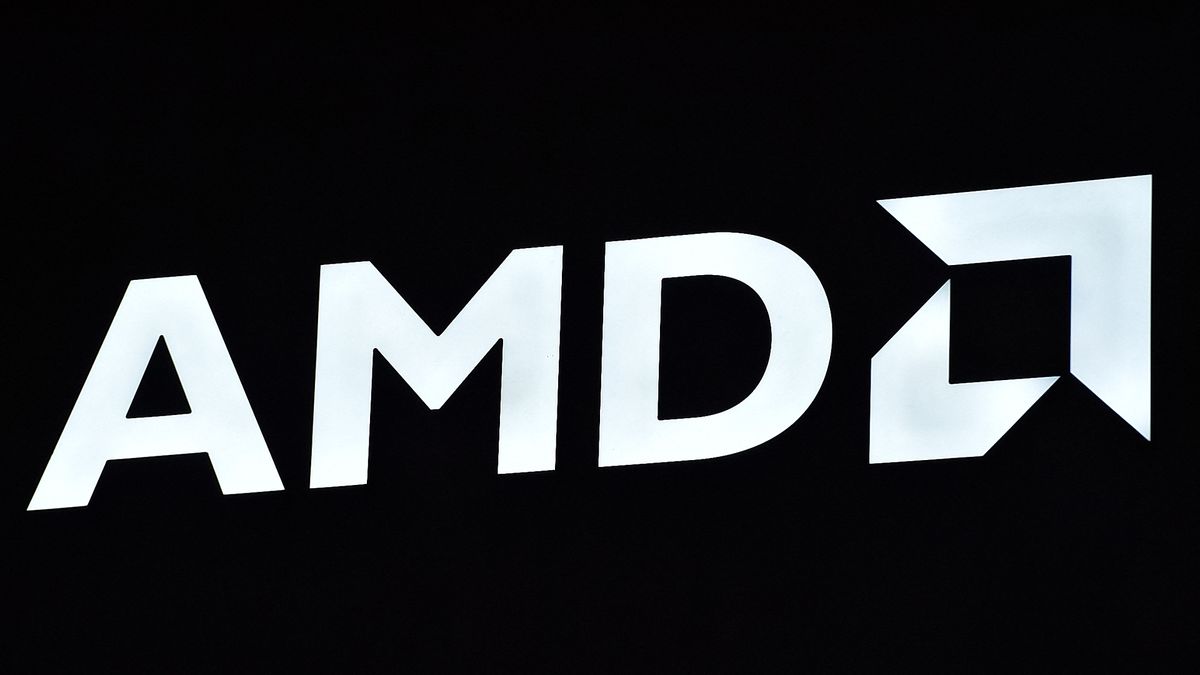- Oct 2, 2011
- 1,558
Researchers have exposed an issue with the memory implementation on AMD’s data center chips that could threaten the integrity of data, but the chipmaker has hit back at the claims.
In a paper due to be presented at IEEE in 2025, researchers from University of Lübeck, KU Leven, and University of Birmingham highlighted a potential weakness in AMD’s secure encrypted virtualization (SEV) technology.
Dubbed ‘badRAM’, the paper outlines how attackers could manipulate the SEV system to allow unauthorized access to encrypted memory on the processor.
In a post dedicated to explaining the badRAM attack, researchers explained how the SEV technology was intended to protect processor memory in virtual machine (VM) environments through encryption.
“AMD's Secure Encrypted Virtualization (SEV) is a cutting-edge technology that protects privacy and trust in cloud computing by encrypting a virtual machine's (VM's) memory and isolating it from advanced attackers, even those compromising critical infrastructure like the virtual machine manager or firmware.”
But the paper warned that if correctly exploited the threat actors could access data used by the microprocessor, and potentially read and even overwrite the encrypted content.

Researchers claim an AMD security flaw could let hackers access encrypted data
Using only a $10 test rig, researchers were able to pull off the badRAM attack
 www.itpro.com
www.itpro.com
Last edited by a moderator:
